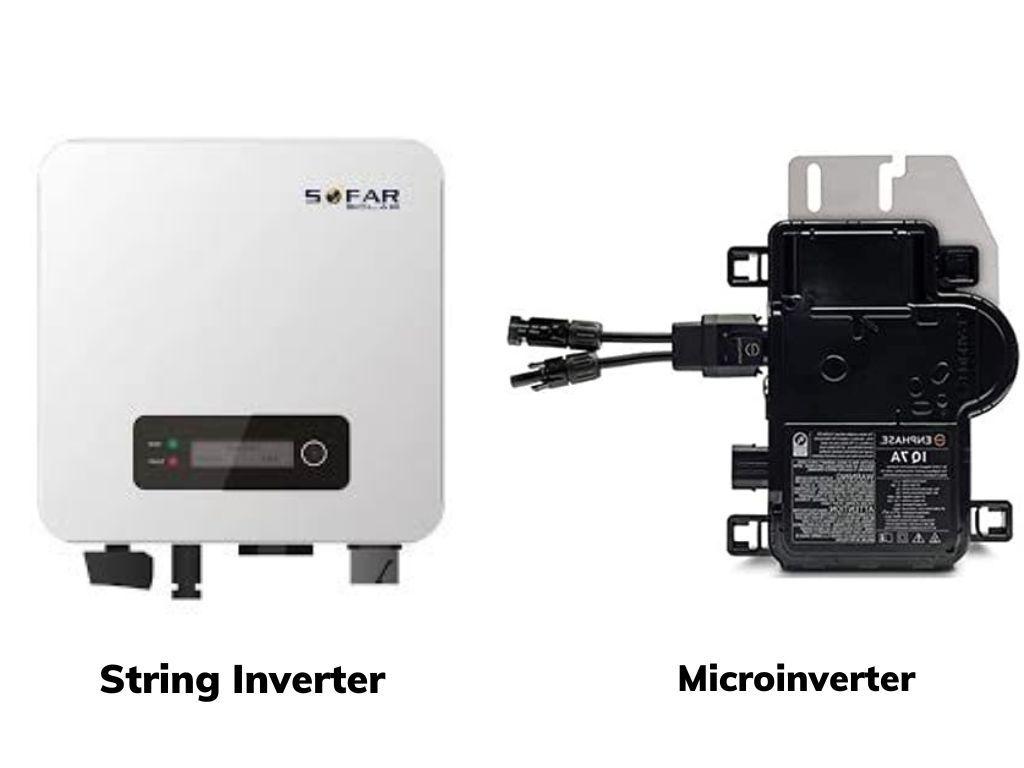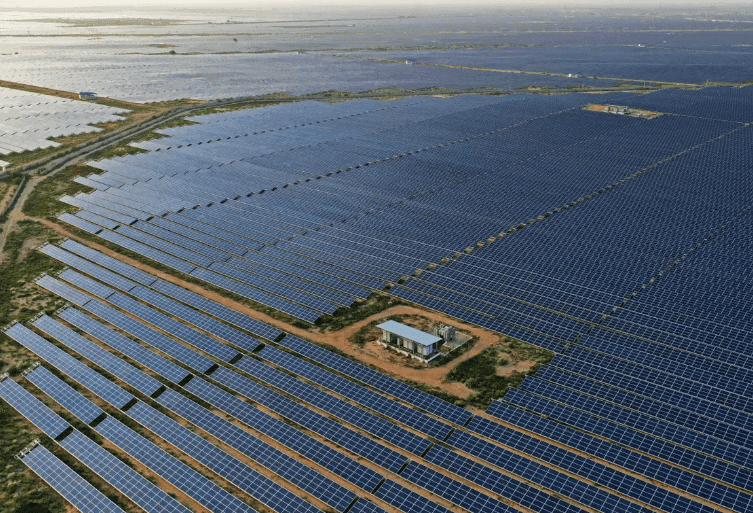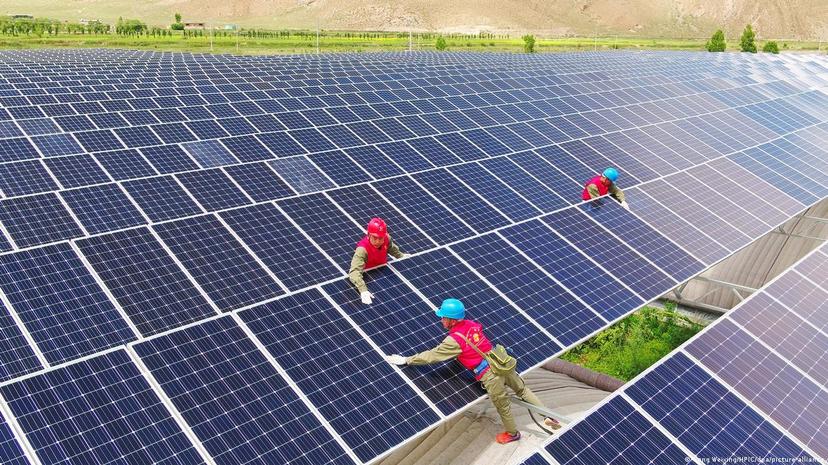Renewable Energy Knowledge Hub
Should you go for a String Inverter or Microinverter

Inverters have one basic function, to convert Direct Current into an Alternating Current, which is the type of current that is used in homes. In this article we will delve into both String and Micro inverters.
What is a string inverter?
A string inverter is a standalone device attached in series to your solar panels. Multiple strings of solar panels can be connected to your inverter. A string is essentially a group of solar panels connected and all the strings are connected in parallel to each other.
Advantages of String Inverters
Easy to troubleshoot
A PV solar plant has a single string inverter, if anything were to ever fail in the system, it's likely the inverter, making troubleshooting relatively easy.
Cost
Installing a string inverter is cheaper than installing microinverters, as fewer labour hours are required and string inverters are more affordable than microinverters.
Lower probability of a wiring mishap
Since there are fewer connections overall in the system, there is a lower chance of the system being improperly cabled.
What is a Microinverter
Microinverters perform the same function as string inverters, but they are installed underneath each panel i.e.; number of microinverters is typically equal to the number of panels, but there are microinverters which accept multiple panels. A microinverter takes full advantage of the power generated by each panel to the grid voltage.
Advantages of Microinverters
More Electricity
You can yield a higher output while using microinverters. The reason for that is that there are slight differences in currents between solar panels. When panels are in a string, the current is reduced to that of the least producing panel in a string.
Suitable for challenging installations
If the panels in a plant are facing multiple angles and directions then microinverters are the way to go, or you may have shading issues from trees or nearby structures, with a string inverter you may lose some of the production, but with microinverters you can achieve maximum production.
Lifespan
Microinverters have 10 year warranties which are extendable on the payment of a nominal fee.
Panel level Monitoring
Microinverters can track the production of each individual panel, while a string inverter can track the production of the whole system.
Ease of expansion
If you were to expand your system in the future, you can simply add microinverters and panels to your existing system.

Should you go for a String Inverter or Microinverter
There is a list of things to keep in mind and a list of questions to ask yourself before choosing the correct inverter. String inverters are affordable and easy to maintain. Regular households prefer string inverters to microinverters. Microinverters are expensive but more efficient than string inverters. They are the most convenient inverter for small offices or large households. The factors to consider before choosing the correct inverter are:
- Price
- Longevity
- Installation
- Performance
- System Expansion Capacity
- Troubleshooting Steps
- Monitoring(Remote/Smart Home)
- Safety
- Battery
- Functions
- Reliability
- External Conditions Adaptation
There isn’t any best solar inverter for all applications. It depends on the above factors, and if you choose wisely, you will have the desired inverter at your convenience.
| Factors | Microinverter | String Inverter |
Price
| Expensive | More Affordable |
Warranty
| 10 Years | 5 Years |
Installation
| Easy Installation | Quite Complicated |
Performance
| Very High | High, Low under non-ideal conditions |
System Expansion Capacity
| Excellent doesn't need any other source | May need another inverter |
Troubleshooting Tips
| Simple and convenient | Maybe Complex |
Panel Level Monitoring
| Panel Level Monitoring is possible | Panel Level Monitoring is not possible |
Safety
| Rapid Emergency Shutdown Available | Rapid Emergency Shutdown not Available |
Battery
| Expensive but Efficient | Affordable and moderately efficient |
Functions
| Excellent under any conditions | High under specific conditions |
Reliability
| Very reliable | Moderately Reliable |
External Conditions Adaptations
| Great adaptation to external conditions | Very limited response to external conditions |

